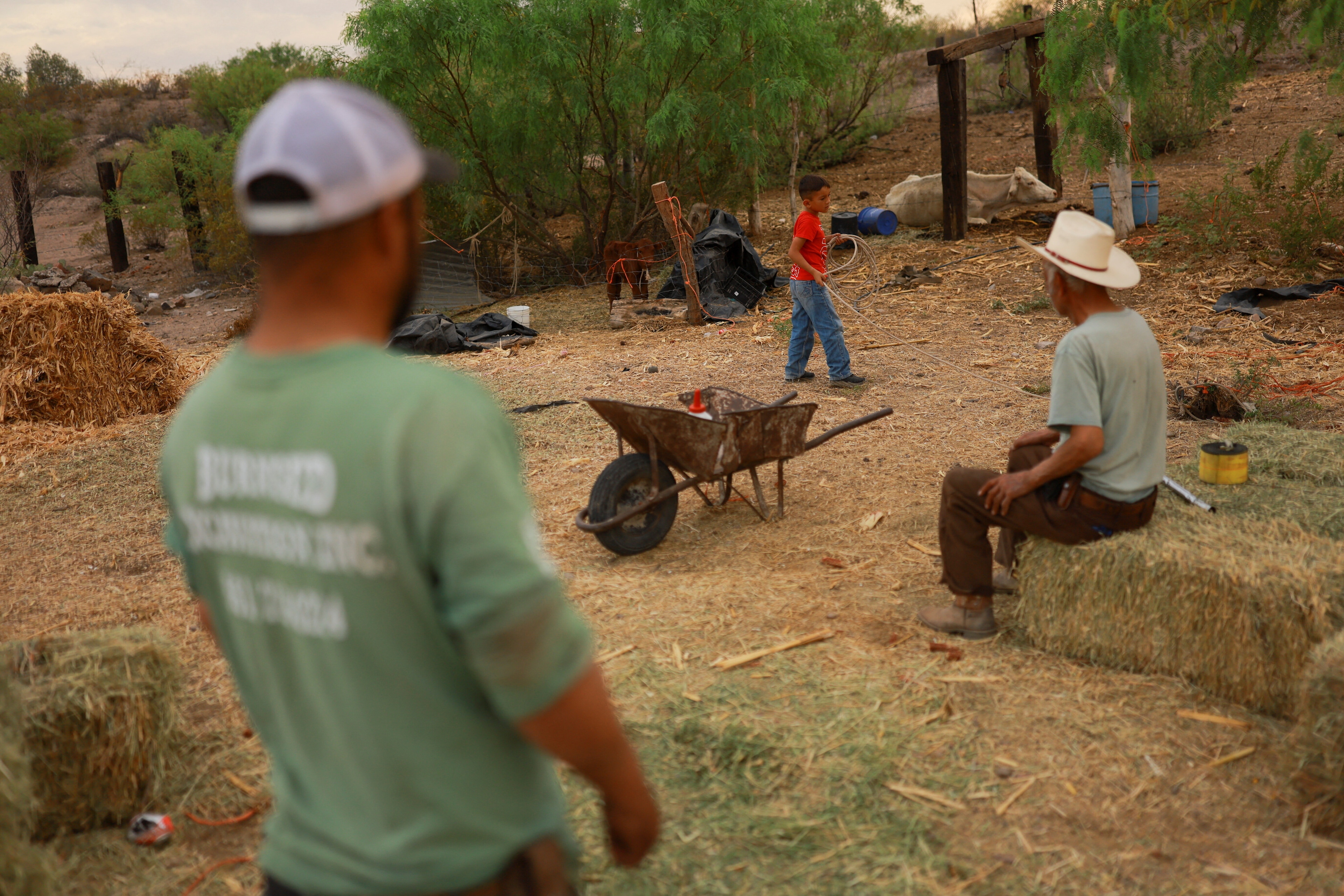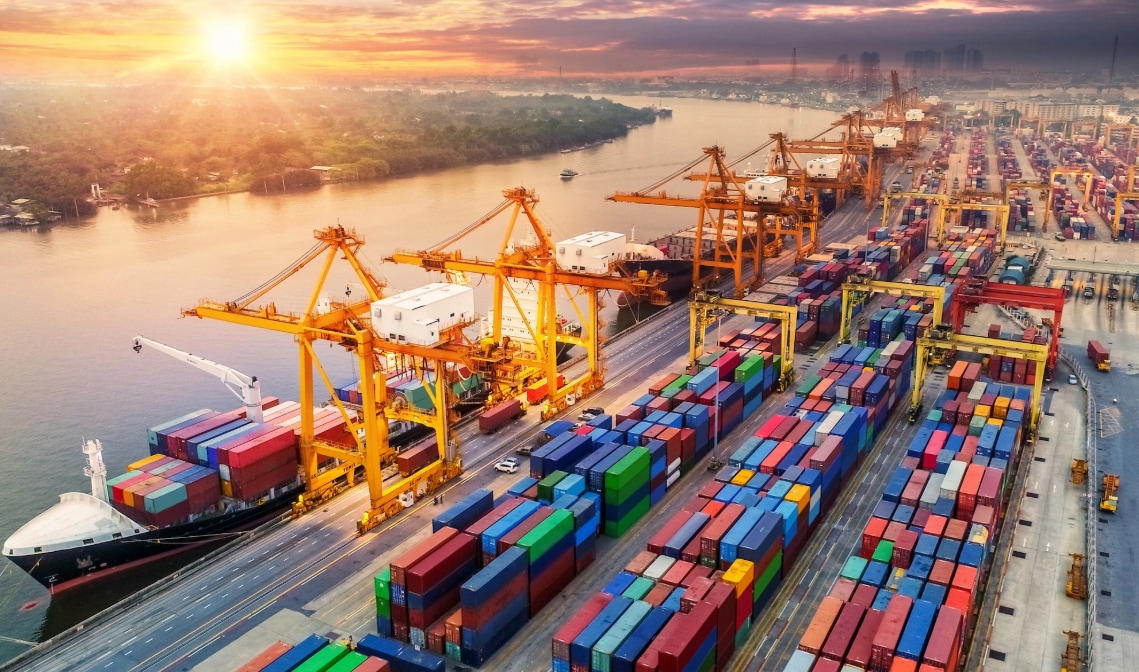Arctic's melting permafrost will cost nearly $70 trillion, study finds

Climate change policy is not keeping pace with the reality of the situation.
Image: REUTERS/Dmitry Solovyov
Stay up to date:
Climate Crisis
An alarming new study has found that melting permafrost in the Arctic could add nearly $70 trillion to the global cost of climate change unless immediate action is taken to slash carbon emissions.
Climate cost contribution of the melting permafrost in the Arctic
According to the research, published in the journal Nature Communications, melting permafrost caused by accelerating Arctic warming would add close to $70 trillion to the overall economic impact of climate change if the planet warms by 3°C by 2100.
Even if action is taken to limit warming to 1.5°C by the end of the century, the research found melting permafrost would still add $24.8 trillion to overall climate costs.

Dmitry Yumashev of Lancaster University, the lead author of the study, told National Geographic that melting permafrost and sea ice "are two known tipping elements in the climate system" that could trigger a cycle of unstoppable global warming.
In an interview with the Guardian, Yumashev called his study's results "disheartening," but said nations of the world have the technological capacity to confront the crisis.
What's needed, he said, is urgency and political will.
"Even at 1.5°C to 2°C [warming], there are impacts and costs due to thawing permafrost. But they are considerably lower for these scenarios compared to business as usual," said Yumashev. "We have the technology and policy instruments to limit the warming but we are not moving fast enough."
Melting permafrost: a ticking time bomb
Kevin Schaefer of the National Snow and Ice Data Centre in Boulder, Colorado—a co-author of the study—echoed Yumashev's warning.
"With climate change, we're conducting a high-risk experiment where we don't know what is coming," Schaefer told National Geographic. "The most important thing to remember about our study is the greater the warming, the stronger the feedback and the higher the costs to society."
As National Geographic reported, the "$25 to $70 trillion cost of Arctic permafrost melting adds four to six per cent to the total cost of climate change—which is estimated to reach $1,390 trillion by the year 2300 if emissions cuts are not better than the Paris Agreement. However, the costs of the current business-as-usual path could be more than $2,000 trillion."
Yumashev expressed some relief that his research found the projected economic impact of melting permafrost was lower than the worst-case scenario predicted by previous estimates.
But, as Yumashev told the Guardian, "We still have a time bomb."
Accept our marketing cookies to access this content.
These cookies are currently disabled in your browser.
Don't miss any update on this topic
Create a free account and access your personalized content collection with our latest publications and analyses.
License and Republishing
World Economic Forum articles may be republished in accordance with the Creative Commons Attribution-NonCommercial-NoDerivatives 4.0 International Public License, and in accordance with our Terms of Use.
The views expressed in this article are those of the author alone and not the World Economic Forum.
Related topics:
Forum Stories newsletter
Bringing you weekly curated insights and analysis on the global issues that matter.
More on Climate ActionSee all
Jose Ignacio Galindo and Nicolas Wertheimer
July 24, 2025
David Elliott
July 22, 2025
Stephanie Dunn and Firuze Alpaydin
July 22, 2025
Muhammad Hassan Dajana and James Balzer
July 22, 2025



